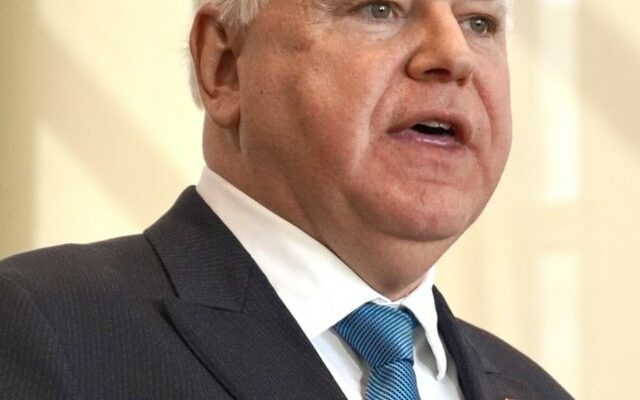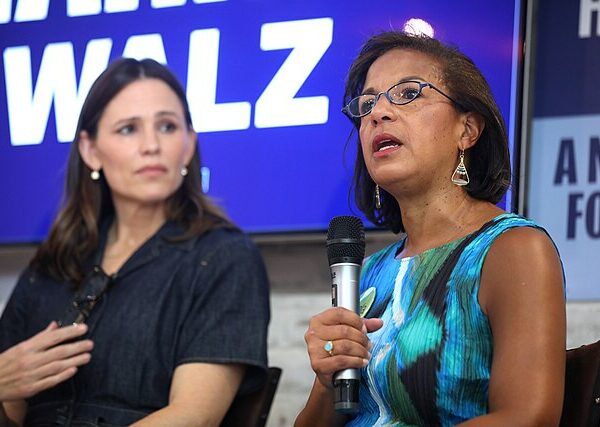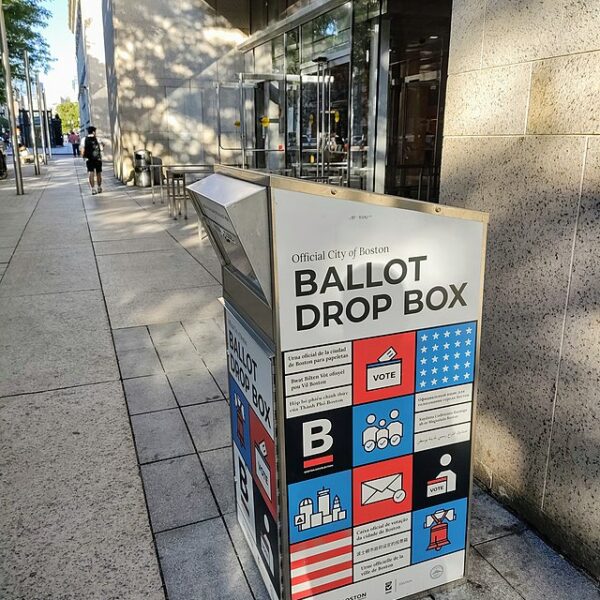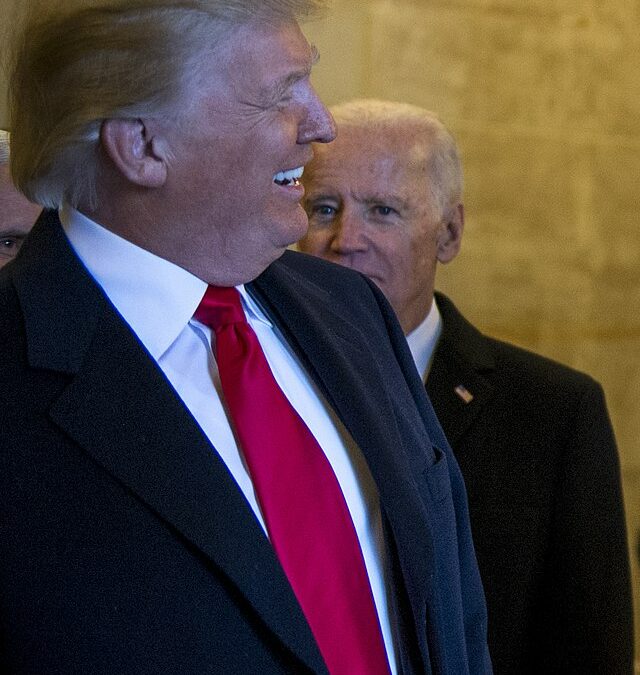
In what may be the least surprising reveal of the election season, recent Department of Homeland Security (DHS) communications suggest that the Chinese Communist Party (CCP) likely singled out Minnesota Governor Tim Walz for influence operations, according to disclosures from the House Oversight Committee. The information surfaced on the same day that Vice President Kamala Harris tapped Walz as her running mate, intensifying scrutiny over Walz’s history with China.
A message reportedly from a DHS whistleblower on the “Nation State Threat — National Functional Team” expressed concern over Walz’s potential influence by China, stating that “this feeds into what PRC [the People’s Republic of China] has been doing here with him and local gov.” The official’s note, which highlights intelligence indicating CCP interest in Walz, suggests the potential for foreign influence within local U.S. government ranks.
The New York Post writes that Oversight panel Chairman James Comer (R-Ky.) revealed the internal debate on the “longstanding connection” between Walz and Chinese Communist Party (CCP) officials in a Monday letter to Homeland Security Secretary Alejandro Mayorkas, according to a copy obtained by The Post.
“Specifically, through whistleblower disclosures, the Committee has learned of a non-classified, Microsoft Teams group chat among DHS employees — titled ‘NST NFT Bi-Weekly Sync’ — that contains information about Governor Walz that is relevant to the Committee’s investigation,” Comer wrote.
The group chat initials stand for “Nation State Threat — National Functional Team,” according to an Oversight spokesman.
“The Committee has also learned that further relevant information regarding Governor Walz has been memorialized in both classified and unclassified documents in the control of DHS,” he also noted.
Rep. Jim Banks has raised concerns that Walz’s frequent travel to an adversarial nation during his military tenure could present a security risk, given his access to sensitive information. Banks questioned whether these visits could have opened up vulnerabilities, although specific risks remain unverified.
Adding to the controversy, Walz acknowledged during a recent debate that he had previously “misspoke” about his presence in China during the Tiananmen Square Massacre, clarifying that he arrived later that year. Walz has described himself as a “knucklehead” for this mistake but insists his dedication to public service remains unshaken.
DHS has not issued a formal response to these claims, while the Oversight Committee has issued subpoenas to obtain additional documentation on Walz’s interactions and international travels. This investigation fuels ongoing bipartisan concerns about CCP influence in U.S. politics and the need for robust protections against potential foreign interference.
This isn’t the first time Walz has been accused of helping China. A retired Nebraska National Guard soldier, who worked alongside Walz for three years, shared details of a troubling incident in a phone interview with Alpha News. Preferring to remain anonymous due to fears of retaliation, the former service member expressed his willingness to cooperate with the FBI.
The retired soldier recalled that around the time the top-secret manual went missing, Walz had just returned from another trip to China. He claims Walz was among the few individuals with access to the facility where the nuclear SOP manual was stored, noting that Walz was “often the only one there.” The former battalion member suspects that Walz took the manual and later returned it.
The New York Post reported that Walz has shown special favor to China during his tenure as governor of Minnesota. In that state, the governor holds substantial influence over the selection of members for the Minnesota State Board of Investment (SBI). Unlike in other states, where board members are often chosen by a comptroller or treasurer, Minnesota’s governor has direct input.
Since taking office in 2019, Walz’s SBI appointees have overseen the allocation of around 70 percent of the roughly $1.3 billion invested in Chinese funds—amounting to approximately $910 million—according to an analysis by the nonpartisan watchdog group Future Union.
[Read More: Biden Insults Half The Country]











